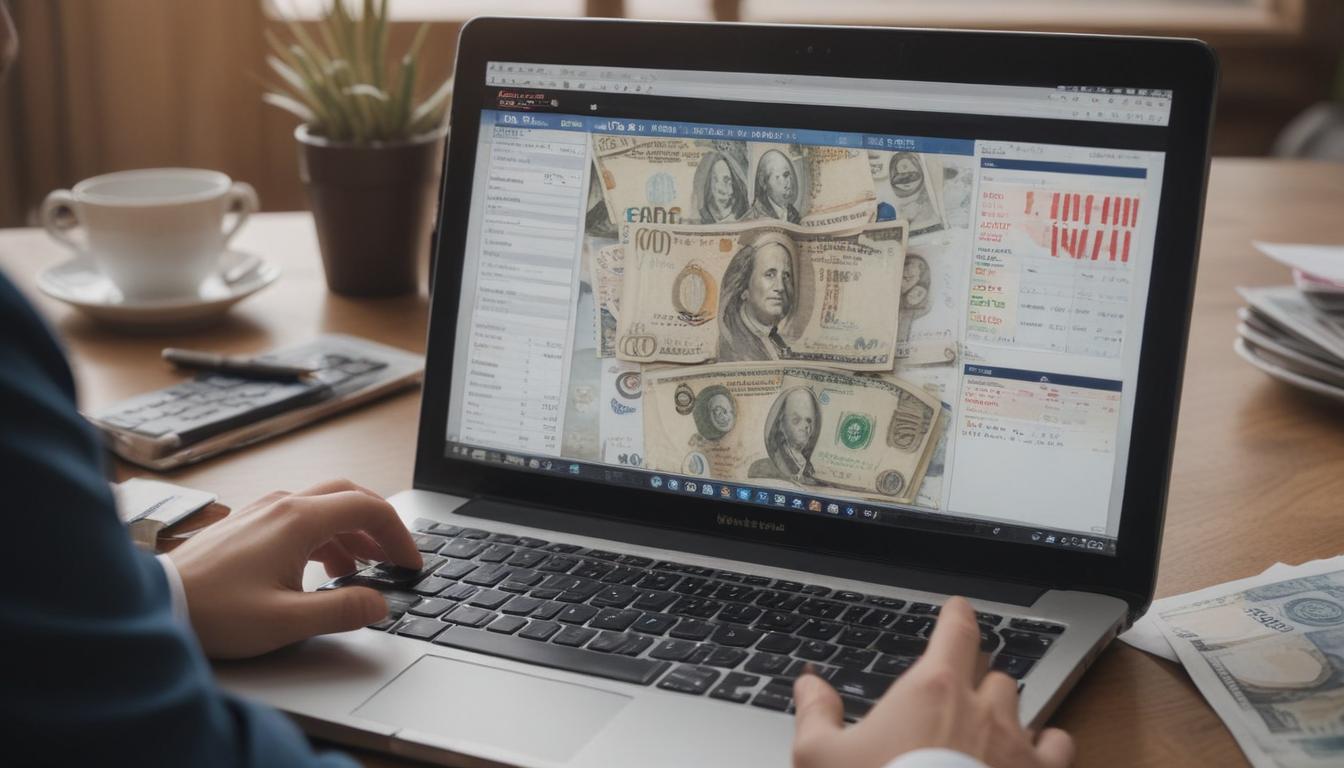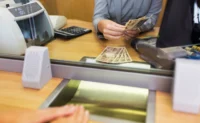Now Reading: Exchange Rates Explained Simply
-
01
Exchange Rates Explained Simply
Exchange Rates Explained Simply

A Simple Guide To Understanding Exchange Rates
Are you planning a dream vacation, shopping on an international website, or managing a business with global clients? If so, you’ve probably stared at a screen of fluctuating currency values and felt a little overwhelmed. The world of foreign exchange can seem complex and confusing, leaving you to wonder if you’re truly getting a fair deal or just losing money in hidden fees and poor rates.
You are not alone in this feeling. But what if you could approach currency exchange with complete confidence? This guide is here to demystify the process for you. We will break down what exchange rates are, why they are always changing, and most importantly, how you can use this knowledge to your advantage. By the time you finish reading, you will be able to navigate the forex market like a seasoned traveler.
What Exactly Is an Exchange Rate
At its core, an exchange rate is simply the value of one country’s currency when converted to another country’s currency. Think of it as a price tag. If you want to “buy” British Pounds using your US Dollars, the exchange rate tells you exactly how many dollars you need to spend to get each pound. It is the fundamental link that connects the world’s economies, allowing for international trade and travel.
Why Do Exchange Rates Constantly Change
Exchange rates are not set in stone. They are in a constant state of flux, changing every second of the day. This is because most major currencies operate on a floating exchange rate system, where their values are determined by supply and demand in the global foreign exchange (forex) market. This market is the largest financial market in the world, and several powerful factors influence the daily dance of currency values.
Key Factors Influencing Currency Value
Interest Rates and Inflation
Central banks play a huge role here. When a country’s central bank raises its interest rates, it becomes more attractive for foreign investors to save their money there to earn higher returns. This increases the demand for the country’s currency, causing its value to strengthen. On the other hand, high inflation erodes the purchasing power of a currency, meaning your money buys less than it did before. Typically, high inflation leads to a weaker currency.
Economic Health and Performance
A country with a healthy and growing economy is a magnet for investment. Strong economic indicators like low unemployment, high Gross Domestic Product (GDP) growth, and robust manufacturing data signal stability and opportunity. This boosts investor confidence, which in turn increases demand for the currency and drives up its value.
Political Stability and Geopolitics
Stability is a currency’s best friend. A country with a stable government and predictable policies is seen as a safe haven for investors. Conversely, political unrest, contentious elections, or geopolitical conflicts create uncertainty. During such times, investors often sell off the country’s currency in favor of safer alternatives, causing its value to fall.
Market Speculation
A significant portion of currency trading is driven by speculators. These are traders who buy and sell currencies with the goal of profiting from short-term fluctuations. If a large number of speculators believe a currency is about to rise, they will buy it in bulk. This increased demand can, by itself, push the currency’s value higher, creating a self-fulfilling prophecy.

How to Read Exchange Rate Quotes Like a Pro
When you look up an exchange rate, you will see it presented as a pair, such as GBP/USD.
The first currency (GBP) is the base currency and is always equal to one unit. The second currency (USD) is the quote currency. It shows how much of the quote currency is needed to buy one unit of the base currency.
For example, if the GBP/USD rate is 1.25, it means that 1 British Pound is worth 1.25 US Dollars.
You will also notice two different prices listed a bid (buy) price and an ask (sell) price. The “ask” price is what a broker will sell a currency for, and the “bid” price is what they will buy it for. The ask is always higher than the bid. The difference between these two prices is called the spread, and it is how currency exchange services make a profit. A smaller spread is better for you.
Practical Tips for Getting the Best Exchange Rate
Now for the most important part how to save money.
Plan Ahead and Avoid Airport Kiosks
While convenient, currency exchange counters at the airport are notorious for offering poor rates and high fees. They have a captive audience of last-minute travelers and take full advantage of it. If you can, exchange a small amount of money before you leave or simply wait to withdraw cash from an ATM at your destination.
Always Pay in the Local Currency
When using your credit or debit card abroad, merchants will often ask if you want to pay in your home currency. This is a tactic called Dynamic Currency Conversion (DCC). Always decline and choose to pay in the local currency. By doing so, you let your own bank handle the conversion, which almost always results in a much better exchange rate.
Compare Banks vs Digital Transfer Services
Your local bank might seem like the easiest choice for exchanging money, but they often build a large profit margin into their rates. Modern digital money transfer services and fintech apps were built to compete on price and transparency. They frequently offer significantly better rates and lower fees. Always do a quick comparison online before making a large transfer.
Keep an Eye on the Market
If you are exchanging a significant amount of money and are not in a rush, it pays to be patient. Use a currency app or website to track the exchange rate for a few days. You can even set up rate alerts. A small movement in your favor can lead to big savings.
By understanding the forces behind exchange rates and following these simple tips, you are no longer a passive participant. You are an informed consumer, ready to make smart financial decisions that put money back in your pocket. The world of foreign exchange is no longer a puzzle but a landscape you can navigate with ease.


































